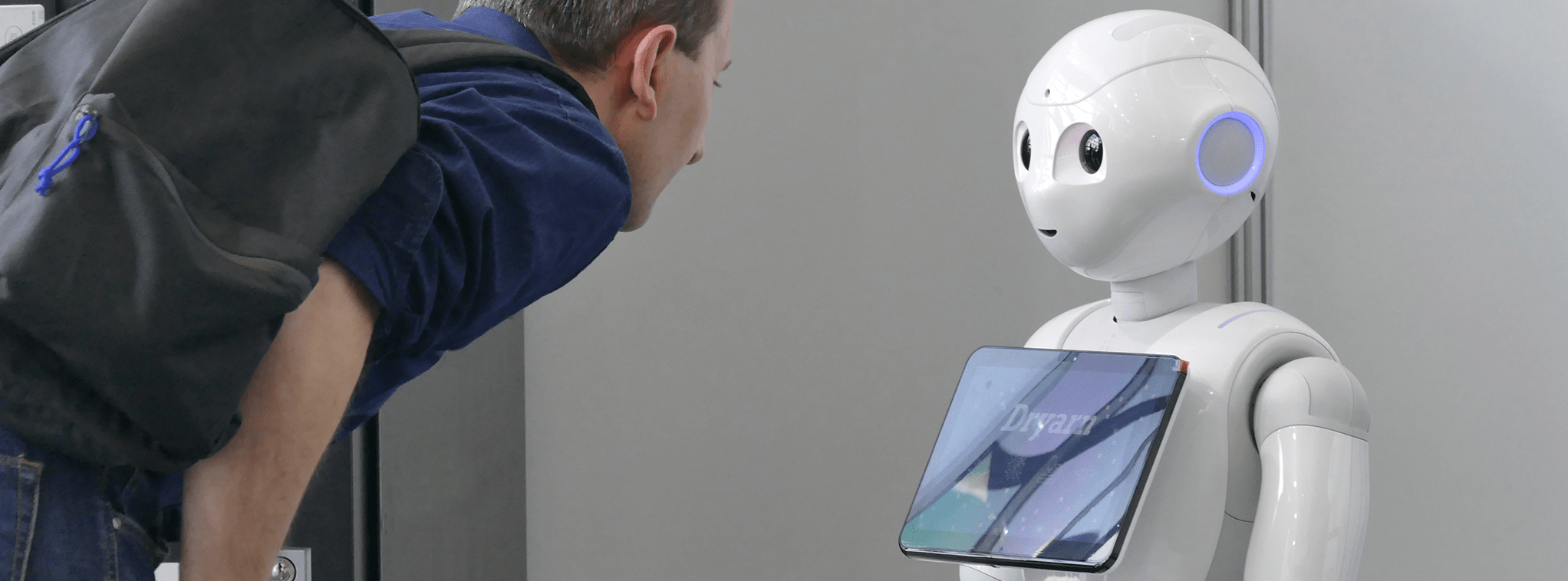The best hotels and vacation properties have long sought to distinguish themselves from the competition through providing a better guest experience than the place next door. In a COVID-19 world, the guest experience is taking on a new meaning. Properties that can prioritize guest safety and connect it to their brand in a memorable but unobtrusive way will have a big edge on the competition.
For travelers, safety concerns will be at the heart of their purchasing decisions going forward. There are some common themes concerning the kinds of services that potential guests need to feel secure as COVID-19 continues to loom in the background found in a recent study cited by Hospitality Net:
- 84% of travelers said proper social distancing protocols in hotel public spaces will be the most influential factor in their decision of what travel brands to choose in the future.
- Contactless payments, digital room keys, and digital messaging services were three of the top changes that the travelers indicated would make them more comfortable staying in a hotel.
- 70% agreed or strongly agreed that services, such as self-service check-in kiosks, would make them more willing to stay at a particular hotel.
Technology to Provide Guest Safety
This means that the travel brands that can best use technology to deliver hands-on services in a hands-off manner, while providing innovative guest experiences, will be best positioned, in coming months and years. One example of “hands-off service” comes from the Hotel Trio in Healdsburg, Calif. At that property, they have Rosé the Robot — a robotic butler that can slip onto elevators, find a guest’s room and deliver a bottle of vino, according to a Travel + Leisure story. Rosé, so as not to be disturbed while on a mission, comes with a digital sign that says “I’m on a delivery.”
While not every hotel will choose to make as visual a statement as a wine-delivering robot, they can still use technology to provide and promote guest safety, with an eye toward building a better brand and influencing purchasing decisions. It begins by reducing friction in the guest experience, keeping in mind guest expectations of no or limited contact. Why force a guest to insert a credit card into a kiosk or hand it to a staff member? Provide guests with a unique ID to scan, eliminating the need to touch anything. Not only allow guests touchless entry into their rooms but provide the capability to set temperatures in their rooms or select floors when using an elevator with voice technology or through an app on a personal device.
Imagine the possibilities of leveraging IoT, machine learning, and artificial intelligence (AI) for background monitoring of sanitary conditions and capacity in a hotel. This could be used to ensure that occupancy is at a level that can be accommodated while maintaining proper social distancing protocols. This type of digital infrastructure could be used to provide unobtrusive contact tracing services to guests. They could be given the option to opt-in for alerts if they had been in the proximity of someone who had reported a coronavirus diagnosis or symptoms during the trip.
There is no question that hospitality brands have to confront the hands-off reality of the coronavirus era. And while those changes present challenges, these obstacles can be met, and overcome. With creativity and nimble thinking, hospitality brands can ensure a positive guest experience that will keep travelers coming back year after year.
